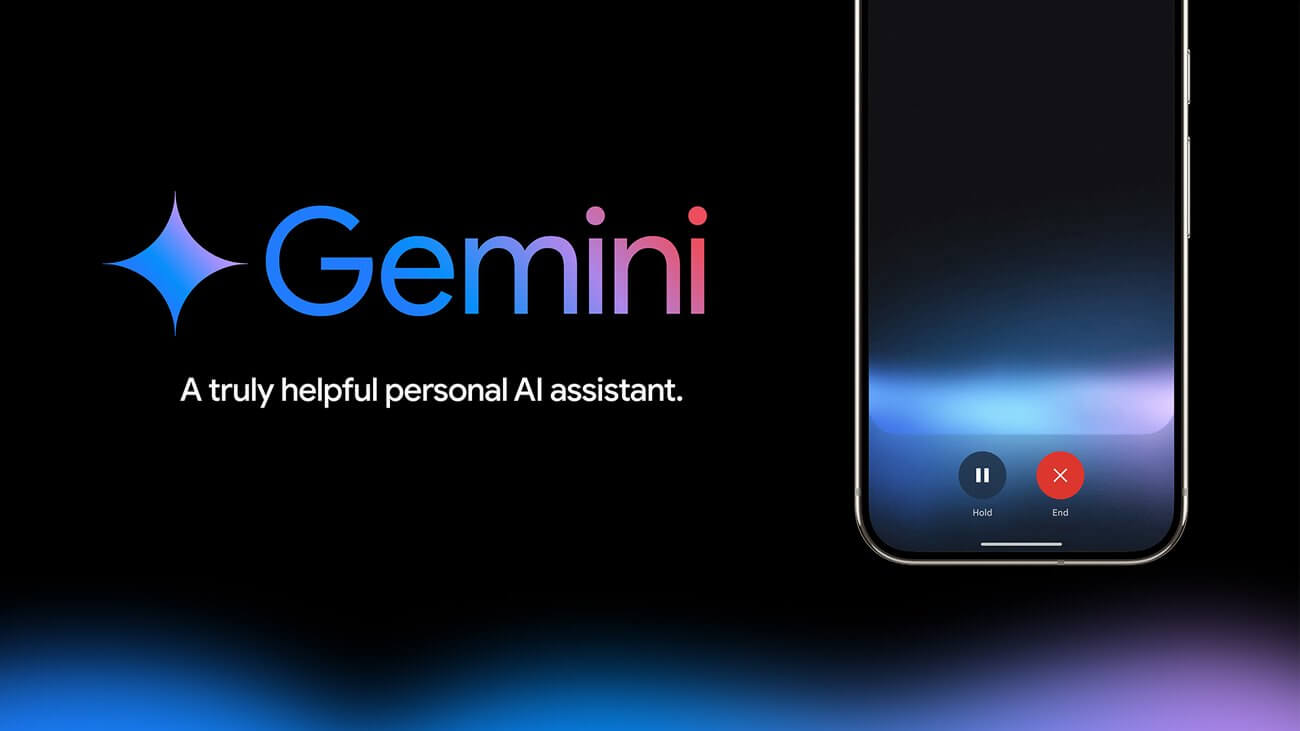Google’s ambitious plan is to roll out its Gemini AI assistant to a number of devices, from cars to smartwatches to headphones, by the end of 2025. The news came in Alphabet’s Q1 2025 earnings call, which reinforces Google’s focus of implenting AI across its ecosystem.
With the introduction of this new ecosystem, Gemini will underpin the user experience on multiple platforms, and will be a game-changer in the way users interface with their devices.
What is Google Gemini?
Gemini is a more advanced incarnation of Google’s AI assistant, meant to act as a replacement to the regular Google Assistant on Android devices. This will make for smarter voice commands, quicker responses, and a better, more intuitive experience with the operating system.
With its deep learning capabilities, Gemini is engineered to recognize and respond more specifically to you so it propels AI technology to new heights.
Expansion Across Devices
Google’s CEO, Sundar Pichai, indicated during the earnings call that Gemini will be introduced to more than just mobile devices, arriving on multiple platforms such as Android Auto, Wear OS smartwatches, and connected headphones.
This move is a significant development as it positions Gemini to serve as the core of the Google ecosystem.
With Gemini for Wear OS, we will improve fitness tracking, voice interactions, and notifications to give you a better experience on your smartwatch. For example, they will have faster and more efficient interaction with their devices when checking fitness stats, or receiving real-time alerts.
In Android Auto, Gemini integrated with Android Auto will be a more seamless driving experience. The AI-supported assistant will offer smarter navigation, faster routing, and smarter interaction while you are driving. Furthermore the introduction will expand to connected headphones, enabling the AI to take further control on the move, for example by playing music, answering calls, or reminding you of your to-do list.
Timeline and Expectations
Pichai said that Google was looking to upgrade it to Gemini in the not-too-distant future, but did’t provide specifics on a timeline in the speech. We’ll likely hear more about this next at the Google I/O conference in May 2025 (which is about five months from now) when the company usually announces its big updates to its various products and services.
The spreading of Gemini AI to many different devices is part of Google’s long-term aim to build an interconnected, AI-powered galaxy of products. The move to replace Google Assistant with Gemini could point to a bolder long-term trajectory of delivering a more intelligent and seamless user experience across different connected devices.
Why This Matters
The expansion to Gemini AI represents a significant change in the way people use technology. Google’s plan to put AI in everything means finding everything is easier and more personalized.
The inroads that are making AI more and more integrated into devices like cars and smartwatches are the continuation of a broader trend in which AI is becoming more and more integrated into the tools people use daily, making the environment more connected and efficient.
To users, that will likely translate to better usability of their devices. Still, quicker, more intelligent interactions with everyday tech will probably result in a more convenient and productive experience overall.
The Road Ahead
As Google works on Gemini, it’s clear the company has a vision for redefining how people interact with devices. With plans to take Gemini to more devices during the next few years, and possibly even spread into other hardware, Google’s vision of creating a connected, AI-driven future is getting closer to being fully realized.
In the meantime, we expect to see ongoing enhancements and developments to Gemini, the priority will be to offer increasingly frictionless and seamless interactions for users. Already by 2025, I suspect we’ll be looking a lot more at a unified experience, with Gemini acting as the main cog of a increasingly complex AI ecosystem.
Conclusion
The fact that Google is now extending Gemini into cars, smartwatches and headphones goes to show the company’s long-term vision for our AI-driven future. Google is making this launch of smart AI in an effort to make life easier, more organized and available on a broad range of devices.
Winds of change will bring greater influences of AI into everyday life as we approach the end of 2025 and Gemini may be leading the spectacle. More to come one Google launches this in a few months.


